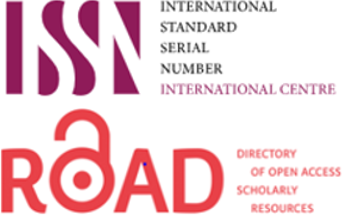Evaluation of Application of Strategies about Pragmatic Language for Trainers who work at Autism Centers in Baghdad city
DOI:
https://doi.org/10.58897/injns.v35i1.491Keywords:
assessment, strategies, pragmatic language, trainers, autism spectrum disorderAbstract
Abstract
The study aimed: To assess the level of trainers' knowledge about the application of strategies and to find out the relationship between Trainer's knowledge and their socio-demographic characteristics.
Methodology: Using the pre-experimental design of the current study, for one group of 47 trainers working at the private Autism Centers in Baghdad, data was collected from 8/January / 2022 to 13 /February /2022. Using non-probability samples (convenient samples), self-management technology in which trainers fill out the questionnaire form themselves was used in the data collection process; it was analyzed through descriptive and inference statistics.
Results: The results of the study showed that trainers' knowledge of strategies used to improve pragmatic language was highly significant in all items but the highest was for items no. 1 and 4., and the result about the relationship between socio-demographic characteristics and trainers' knowledge were weak in all variable except the information variable with a degree of high significant (.001).
Conclusions: The study concluded trainers working for autism centers are only females. And there was a weak correlation between the trainer's knowledge and socio-demographic characteristics. Except, the results showed a significant correlation between the trainer's knowledge of the pragmatic language and their information about the pragmatic language for children with ASD.
Recommendations: the study recommends to using appropriate strategies to improve pragmatic language for children with ASD.
Keywords: assessment, strategies, pragmatic language, trainers, autism spectrum disorder.















